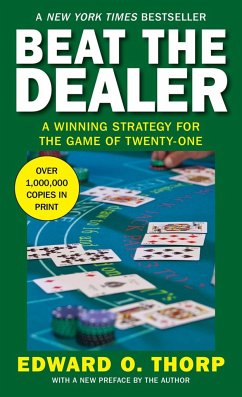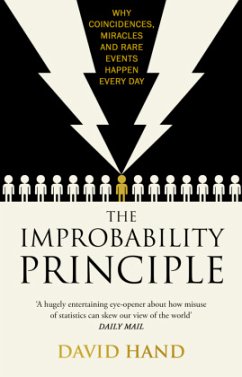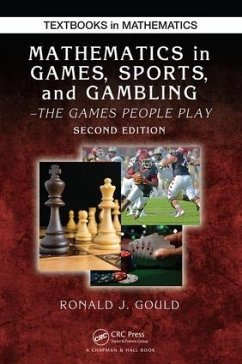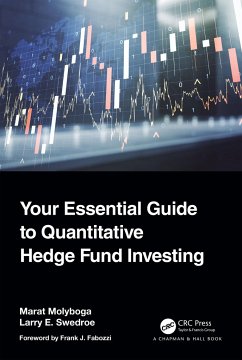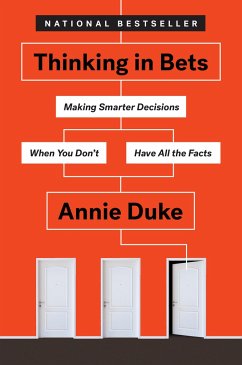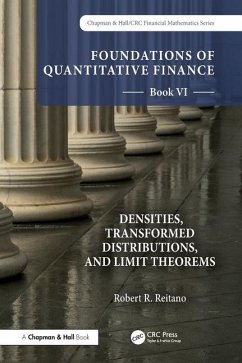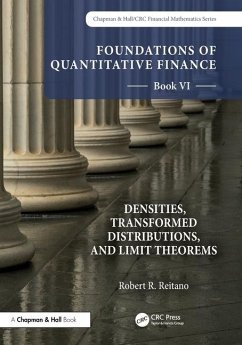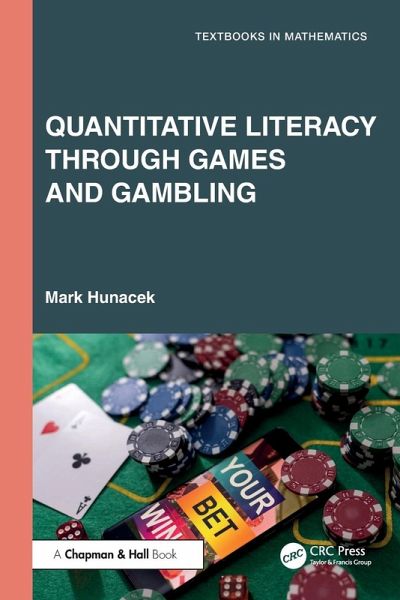
Quantitative Literacy Through Games and Gambling
Versandkostenfrei!
Versandfertig in 1-2 Wochen
61,99 €
inkl. MwSt.
Weitere Ausgaben:

PAYBACK Punkte
31 °P sammeln!
This book was developed to address a need. Quantitative Literacy courses have been established in the mathematics curriculum for decades now. The students in these courses typically dislike and fear mathematics, and the result is often a class populated by many students that are unmotivated and uninterested in the material.






